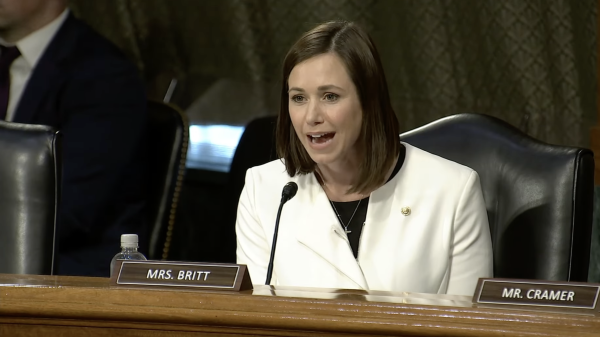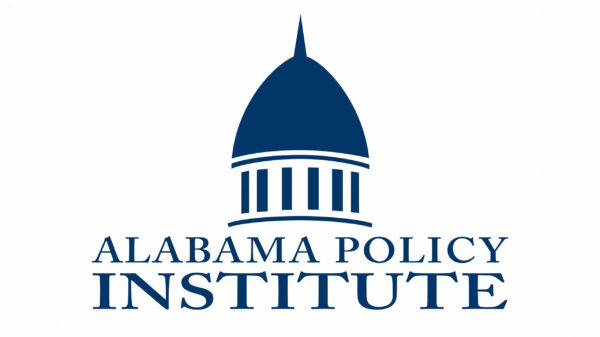By Bill Britt
Alabama Politcal Reporter
MONTGOMERY—Recently, the Alabama Policy Institute (API), an Alabama-based think tank, released a study claiming the “state is set to spend nearly $1 billion on public pension costs this year alone.”
The study authored by James Barth and John Jahera of Auburn University, says that it recommends three structural reforms to the Retirement Systems of Alabama (RSA), “that identify cost-saving measures overlooked during previous reform efforts.”
According to API, “At a time when budget shortfalls are in the forefront of every policymaker’s mind, pension reform should not be discounted as it remains the single biggest reward for states attempting to solve budget woes brought on by the recession and extended economic recovery that followed.”
In a memo to the TRS and ERS Boards of Control, Dr. David Bronner refutes the assertions made in the API, report.
In the April 2, memo obtained by alreporter.com, Bronner discounts the study saying, “The entire report is premised on erroneous, contradictory and/or flawed assumptions.”
In detail, Bronner dismantles the arguments of the study by Barth and Jahera. He refers to them as, “two Auburn finance professors with no apparent background in pension research.”
Bronner, in an exhaustive analysis, shows that the call for additional reforms are incorrect. and that the “cash balance” plan recommended by the study is flawed. He states, “the premise for the adoption of the ‘cash balance’ pension plan is an erroneous assertion and that the primary cause of the pension ‘shortfall’ is the ‘overly optimistic’ 8 percent assumed rate of return.”
Bronner points out that RSA’s investments earned an average annualized return of 11 percent over the past five years and over 8 percent for the past 25 years. This, he says, “despite encompassing a ten year period with the lowest market returns in the history of the US stock market.”
He goes on to say, “Ironically, in their examples illustrating why they believe that the proposed cash balance plan should be adopted, the authors assume an 8 percent return on investments.”
He points to the irony saying, “At the same time, the authors argue that the cash balance plan is needed because the pension reforms of 2011 and 2012 were insufficient in that they failed to address the ‘overly optimistic’ 8 percent assumed rate of investment returns.”
In further scrutiny, Bronner concludes the proposed cash balance plan would cost more than the current system and would reduce benefits for retirees.
Irony aside, Bronner concludes by stating, “The inaccuracies and unproven theories in the report reflect a lack of understanding of pension funding and administration, undermine the report’s credibility, and caution strongly against its proposal to overhaul Alabama’s retirement systems in a radical and fundamental manner that could have lasting and detrimental consequences for both the State and Public employees.”





















































